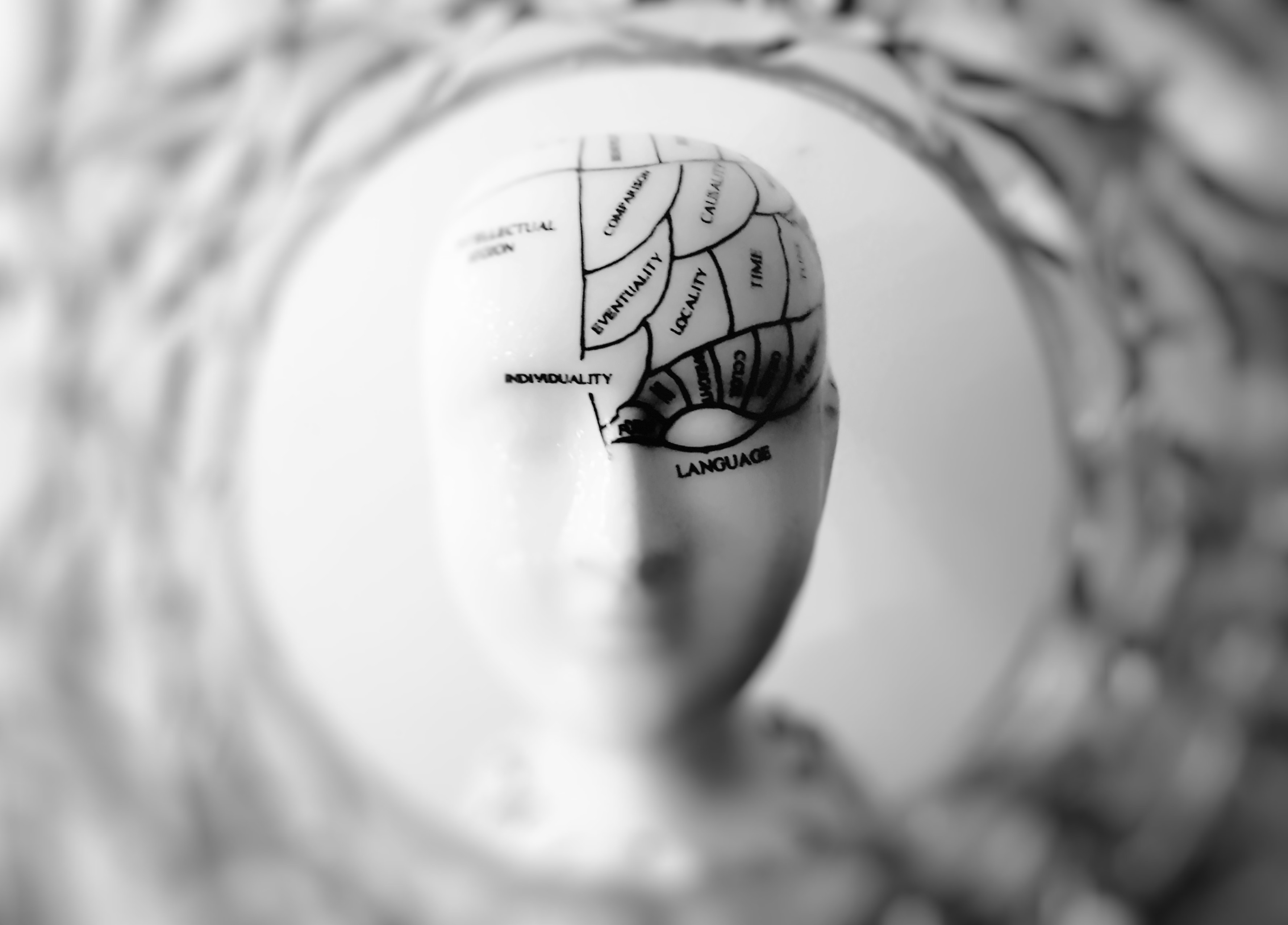
Incorporating Brain Health Activities into your Company Culture
At In Time Tec, we understand that there is a whole person working for us. We have never been and will never be the kind of company who treats our employees as “cogs in a machine.” From our in-office gym to leading with love, we take every aspect of being human into account as we work with our employees. That is why we were thrilled when we learned about enhancing neuroplasticity and the core lifestyle habits to achieve optimal brain health.
According to the official website of Neuroscience-Informed Cognitive-Behavior Therapy (nCBT) “The brain needs certain ‘essential nutrients’ to function optimally. The following core lifestyle habits can help us achieve optimal performance and functioning: sleep time, physical time, focus time, down time, time in, play time, connecting time, and nutrition.”
As we went through the list of the nine lifestyle habits (all from the n-CBT website), we realized that we have created a workplace that allows for our employees to incorporate almost all of these habits into their life, even while at work. We want to share the ways we make this possible so other leaders and business owners can apply the same practices in their offices.
- Sleep time
While we don’t have nap pods or hidden cots, it is not uncommon to find people napping in the office. We have plenty of quiet places for naps and it is completely acceptable to need a little nap break in the middle of the day. (And, no, this isn’t because we force our employees to work ridiculous hours or stay at the office late.)
- Physical time
Not only do we have a gym at our office, we encourage physical activity for all of our employees. We have Zoom channels for walks, bike rides, and workouts. We have a group that meets three days a week for guided workouts in the gym. We also have an ITT Wellness team that puts together monthly challenges or activities for those who want to participate.
- Focus time
This is time spent deeply immersed in a single, goal-oriented task. This one is pretty self-explanatory given people are here to do a job. Throughout the office, you can find people with headphones in, focused on the task at hand.
- Down time
Alternatively, down time is time spent letting the mind wander. This is just as encouraged as focus time. We understand that the work we do can be very intellectually challenging and we know that sometimes, people need to push back from a desk, stare into space, and zone out.
- Time In
Time In is mindful awareness and acceptance. This is different from downtime in that it is an opportunity to focus on what is going on inside you: your thoughts, emotions, or sensations you have been intentionally avoiding. Similarly to our sleep time, people can use our quiet spaces to meditate or do other mindfulness exercises.
- Play time
We work hard, and we play hard. We encourage play at work in different ways–card games, ping pong, darts, corn hole, etc. We have an entire room dedicated to play because we know it fosters an environment of connection.
- Connecting time
Speaking of connection… turns out it is good for your brain! Connecting time includes engaging in healthy relationships, time in nature and with animals, and participation in community events that benefit others. We have a group of people that have lunch together every day, and we also plan volunteer events for employees to contribute to the community.
- Nutrition
We provide nutritious snacks in the office kitchen that are always available to our employees. These include snacks such as nuts, protein bars, eggs, cheese sticks, etc. All employees can pop in and indulge in whatever snack they choose whenever they want.
The last lifestyle habit is reducing toxin exposure and drug use. While we do have alcohol in the office on Fridays, we also offer an employee assistance program where people struggling with substance abuse can go for resources.
“But what if they waste all their time daydreaming and playing?” That could be a legitimate question… if you don’t trust your employees. It may seem counterintuitive, but we have found that by trusting our employees to make good choices about their tasks, workloads, free time, and contributions, they will want to work harder.
Every single person who works at your company is a complex human with needs that go beyond a paycheck. We have found that by creating space for the above lifestyle habits, our employees are happier and more likely to stay with our company.
*All lifestyle habits and descriptions have been take from the n-CBT resource, “Supporting Optimal Brain Health and Preventing Neurophysiological Susceptibility”
